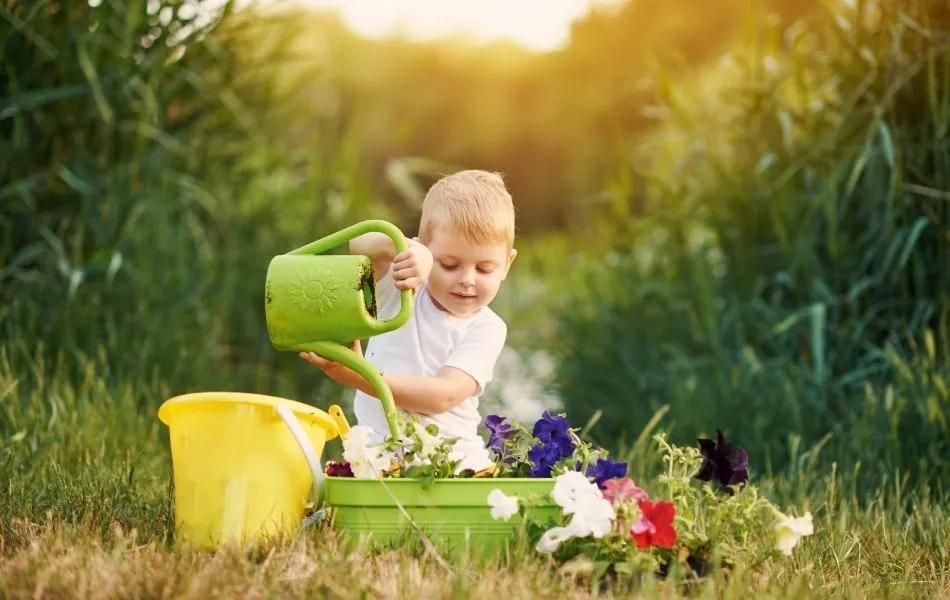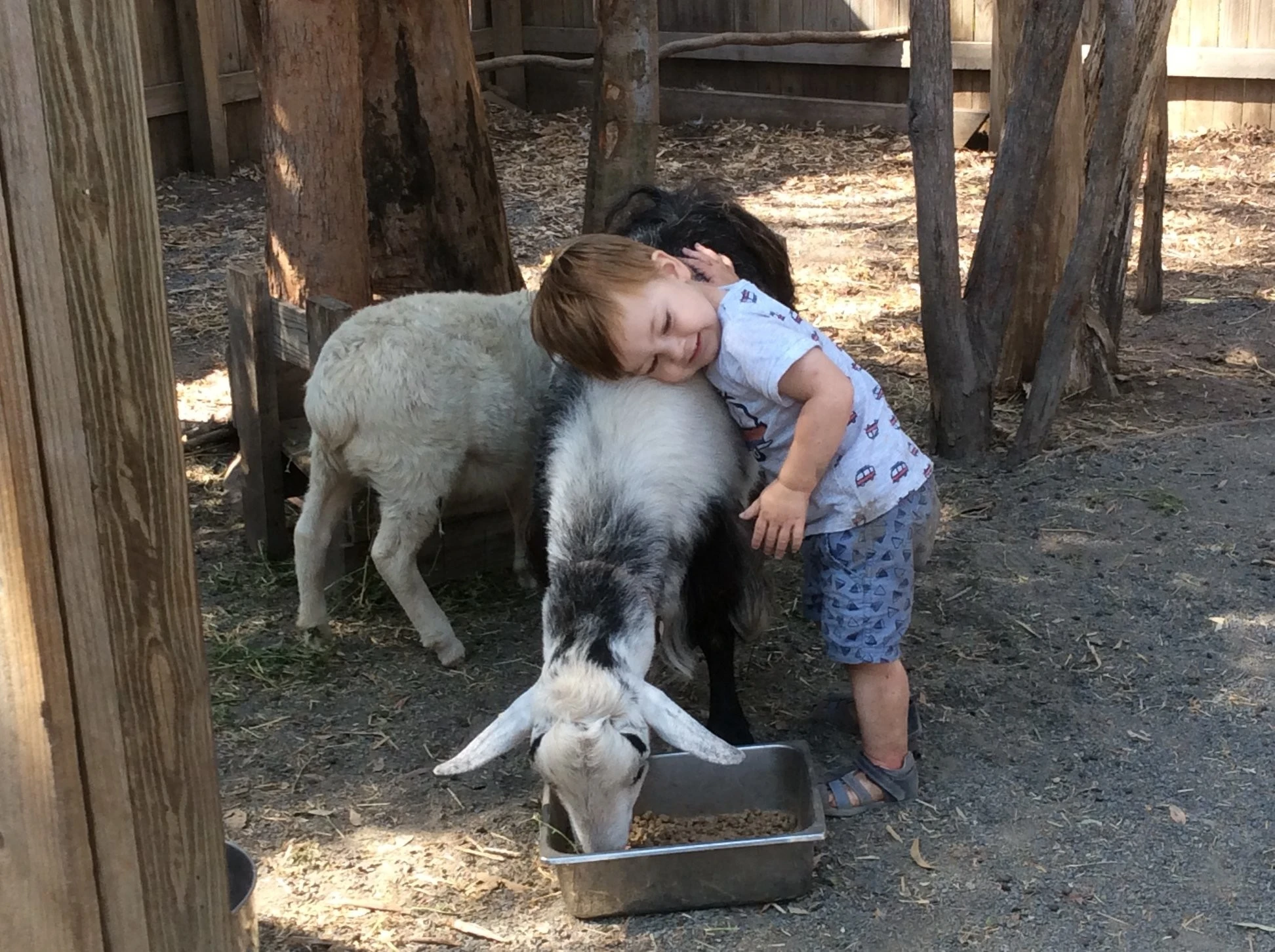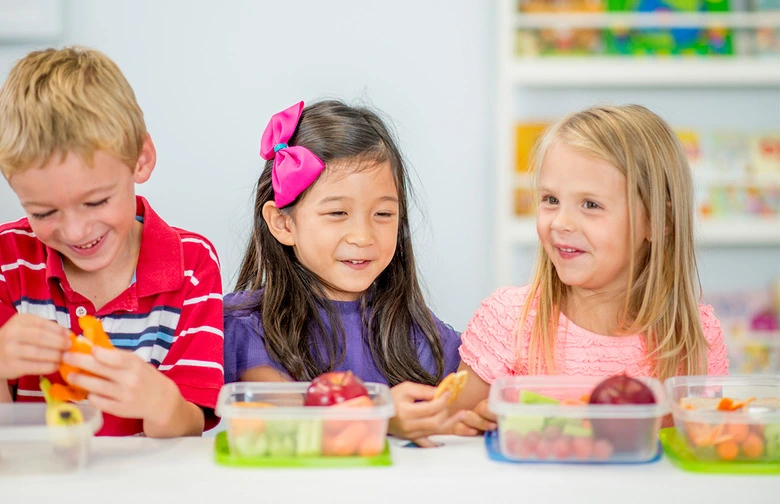Nursery - Active Learning
Monday to Thursday
8:30 AM - 8:40 AM
Healthy Break
|
Monday to Thursday
8:40 AM - 9:10 AM
Study of nature
|
 Monday to Thursday
9:10 AM - 10:40 AM
STEM
|
Monday to Thursday
10:40 AM - 10:50 AM
Healthy Break
|
Monday to Thursday
10:50 AM - 11:20 AM
Language
|
Monday to Thursday
11:20 AM - 11:50 AM
Stories and Poems
|
Healthy Break
At Zenkids Preschool, we understand the importance of providing nutritious and balanced snacks to support the growth and development of our young learners. Our healthy break schedule is designed to offer a variety of wholesome options that cater to the dietary needs of children, ensuring they stay energized and focused throughout the day.
Here’s our weekly healthy break schedule:
Monday
Morning Break 1 ( 8.30 to 8.40 AM): Sandwiches
- Made with whole grain bread and filled with healthy ingredients to provide balanced nutrition
Morning Break 2 ( 10.40 to 10.50 AM) : Fruit juice made with real sugar cane without water and white sugar.
- A delicious mix of fresh, seasonal fruits offering a variety of vitamins, minerals, and natural sugars.
.webp)
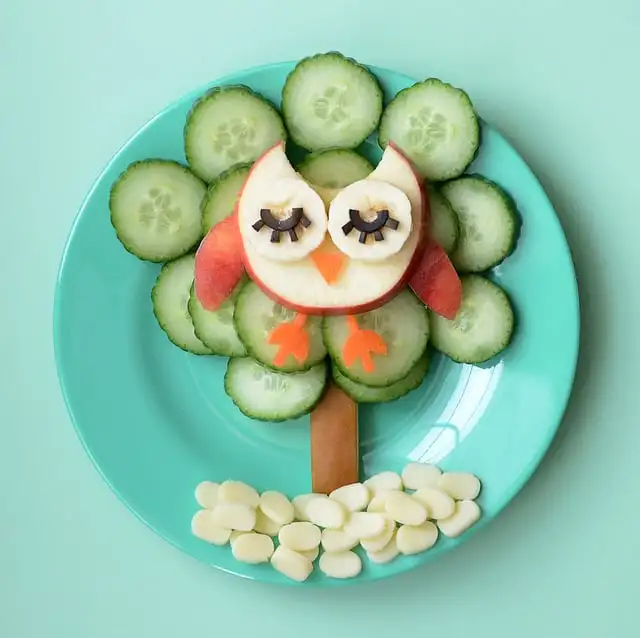
Tuesday
Morning Break 1 ( 8.30 to 8.40 AM): Vegetable salad with seasonal vegetables
- Fresh, locally sourced vegetables providing essential vitamins and minerals
Morning Break 2 ( 10.40 to 10.50 AM) : Fruit juice made with real sugar cane without water and white sugar.
- A delicious mix of fresh, seasonal fruits offering a variety of vitamins, minerals, and natural sugars.
Wednesday
Morning Break 1 ( 8.30 to 8.40 AM): Boiled Egg
- A high-quality protein source, also providing essential vitamins and healthy fats.
Morning Break 2 ( 10.40 to 10.50 AM) : Fruit juice made with real sugar cane without water and white sugar.
- A delicious mix of fresh, seasonal fruits offering a variety of vitamins, minerals, and natural sugars.
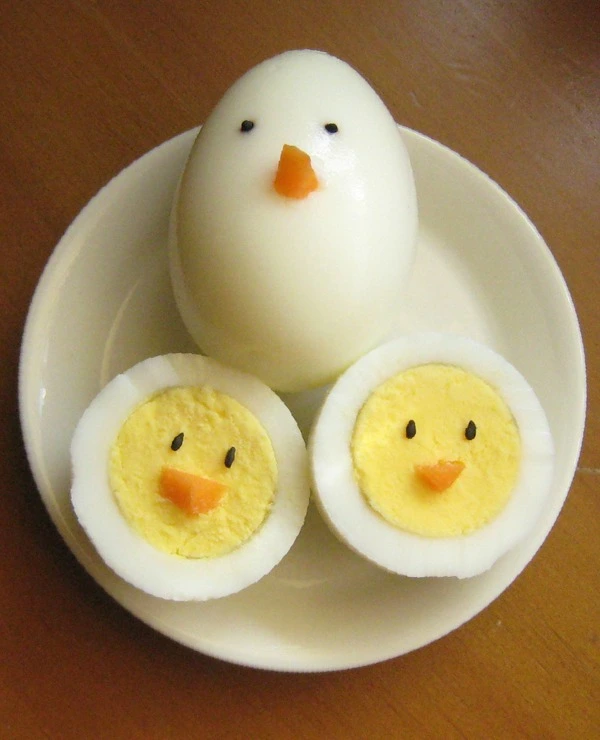

Thursday
Morning Break 1 ( 8.30 to 8.40 AM): Cow Milk
- Rich in calcium and protein, supporting strong bones and muscles
Morning Break 2 ( 10.40 to 10.50 AM) : Fruit juice made with real sugar cane without water and white sugar.
- A delicious mix of fresh, seasonal fruits offering a variety of vitamins, minerals, and natural sugars.
Friday
Morning Break 1 ( 8.30 to 8.40 AM): Nuts and Dry Fruits
- Nuts provide healthy fats, protein, and fiber, while dry fruits offer quick energy and essential nutrients.
Morning Break 2 ( 10.40 to 10.50 AM) : Fruit juice made with real sugar cane without water and white sugar.
- A delicious mix of fresh, seasonal fruits offering a variety of vitamins, minerals, and natural sugars.

Seasonal and Educational Approach
We rotate the fruits, vegetables, and other ingredients based on seasonal availability to ensure that our snacks are fresh and nutritious. Additionally, our educational approach includes teaching children about the benefits of the different foods they eat. This empowers them to make healthy choices and understand the importance of a balanced diet.
By incorporating these healthy breaks into our daily routine, we aim to foster good eating habits and provide the essential nutrients needed for our children to thrive both physically and mentally. At Zenkids, we believe that a healthy body supports a healthy mind, and our snack schedule is a testament to our commitment to the well-being of our students.
Study of Nature
Our nature tables provide a captivating journey into the fascinating worlds of plants and animals, fostering an appreciation for the natural wonders that surround us.
World of Plants
The World of Plants table invites children to witness the magic of growth as they observe various plant species thriving in transparent pots. From seeds to root, stems, leaves, flowers, and fruits, children witness the entire life cycle firsthand. Alongside live plants, seasonal fruits, vegetables, flowers, spices, nuts, and legumes are displayed, each accompanied by a storyboard detailing their benefits and uses. Children also learn about plant care, including watering, sunlight needs, and maintenance practices.Additionally, storyboards provide general knowledge about plants, covering topics such as the classifications of trees based on their benefits.

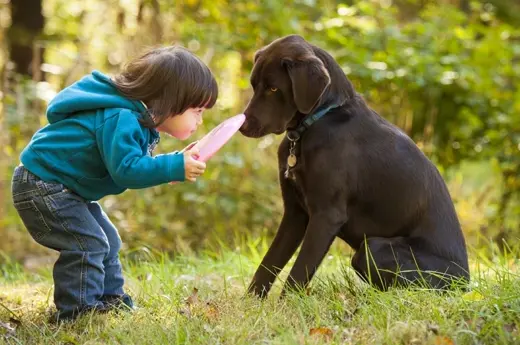
World of Animals
On the World of Animals table, children encounter a diverse array of creatures, from insects to small animals and birds. Through rotating displays and multimedia resources, they observe different animals' movements, sounds, and contributions to humankind. Storyboards offer insights into animals' benefits and the products derived from them. Children also learn about animal care, including dietary requirements and feeding practices. Additionally, storyboards provide general knowledge about animals, covering topics such as the largest, fastest, smallest, and slowest animals.
The World
The World study table is an extensive exploration that includes:
- Landforms and Minerals: Showcasing the diverse landscapes and geological treasures of our planet. Models of different landforms such as islands, lakes, isthmuses, mountains, valleys, plains, and plateaus, alongside specimens of minerals such as limestone, graphite, and silver, offer a tangible glimpse into Earth's geological diversity. Storyboards explain the benefits of landforms and minerals and the finished products derived from them.
- Physical and Political Geography: Children will learn about the globe, maps, continents, countries, states, capitals, and the flags of different countries. This section provides a comprehensive understanding of global geography, helping children appreciate the world's diversity and the interconnectedness of various regions and cultures.
- Weather, Seasons, Sky, Galaxy, and Solar System: Children explore the dynamic forces shaping our atmosphere, seasons, and celestial bodies through engaging displays and storyboards. They learn about weather patterns, seasonal changes, and the wonders of the sky, galaxy, and solar system. Understanding the benefits we derive from these natural phenomena fosters a sense of wonder and curiosity about the universe.

Through these nature study tables, children embark on a journey of discovery, deepening their understanding and appreciation of the natural world and the cosmos.
Nature Exploration for Nursery at Zenkids
At Zenkids, we believe in the power of early exploration and hands-on learning to nurture a child's natural curiosity and understanding of the world. Our nature exploration activities for nursery children are designed to introduce them to the basic concepts of nature, specifically the distinction between living and non-living things, through interactive and engaging methods.
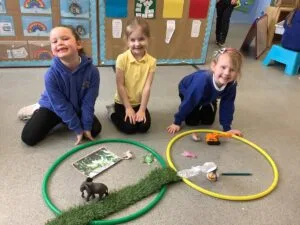
Interactive Nature Table
Living and Non-Living Things: Our nature tables are set up with a variety of items that represent living and non-living things. This visual and tactile setup allows children to:
- Observe and Compare: Children can observe the characteristics of both living and non-living things, such as plants, animals, rocks, and everyday objects. This helps them understand the differences and similarities between these two categories.
- Hands-On Interaction: By touching and exploring the items on the nature table, children engage in sensory learning, which reinforces their understanding of the concepts being taught.
Story Boards: To complement our nature table, we use storyboards that tell simple and engaging stories about living and non-living things. These storyboards are designed to:
- Illustrate Concepts: Stories illustrate the characteristics and behaviors of living things, such as growth, movement, and the need for food, as well as the static nature of non-living things..
- Engage and Educate: By listening to these stories, children are able to understand complex concepts in a fun and relatable way. The narratives help in reinforcing the lessons learned through direct observation and interaction.


Interactive Learning Activities: Our activities are crafted to be interactive, ensuring that children are actively involved in their learning process:
- Sorting Games: Children participate in sorting games where they classify items as living or non-living, helping to solidify their understanding through play.
- Nature Walks: Short nature walks within the school premises or nearby areas allow children to observe living and non-living things in their natural environments, bridging the gap between indoor learning and the real world.
Experiential Learning Through Field Trips
Field Trips to Nearby Farms, Parks, Supermarkets, and Temples:
- Engaging Experiences: Children embark on exciting field trips to nearby farms, parks, supermarkets, and temples, immersing themselves in the sights, sounds, and textures of the natural world.
- Exploration of Living and Non-Living Things: Through interactive experiences, children observe and learn about the growth of plants, the behavior of animals, and the wonders of the environment.
- Hands-On Activities: Guided by experienced educators, children engage in hands-on activities such as planting seeds, exploring local flora and fauna, and participating in nature-themed games and exercises.
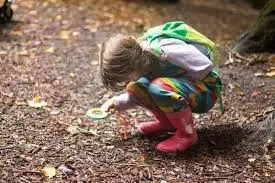
Benefits of Nature Exploration at Zenkids:
- Foundation of Scientific Thinking: Introducing these basic concepts at an early age lays the groundwork for future scientific inquiry and understanding.
- Sensory Development: Hands-on activities and sensory interactions enhance children's fine motor skills and sensory development.
- Curiosity and Observation: Encouraging children to observe and ask questions fosters a lifelong love of learning and curiosity about the world around them.
- Language Development: Storyboards and interactive storytelling sessions enrich children’s vocabulary and comprehension skills by exposing them to new words and concepts in a meaningful context.
At Zenkids, our goal is to create a stimulating and nurturing environment where nursery children can explore and understand the basic concepts of nature. Through interactive nature tables, engaging storyboards, and hands-on activities, we aim to instill a sense of wonder and appreciation for the natural world in our young learners
STEM Program
At Zenkids, our STEM program for nursery focuses on nurturing children's curiosity and helping them develop foundational skills in science, technology, and mathematics through practical life activities. These activities serve as the building blocks for more advanced scientific understanding.
Grace and Courtesy
We begin with grace and courtesy activities, teaching children how to move gracefully and interact respectfully with their environment and peers. Through these activities, children develop:
- Engagement in and contribution to shared play experiences
- Awareness and respect for others' perspectives
- Constructive expression of emotions, thoughts, and views
- Recognition of their own and others' emotions
- Empathy for others
- Interest in other children and being part of a group
Grace and courtesy activities include handling objects in the environment and basic etiquettes like how to walk, talk, sit, cough, wipe their mouth, and eat properly.
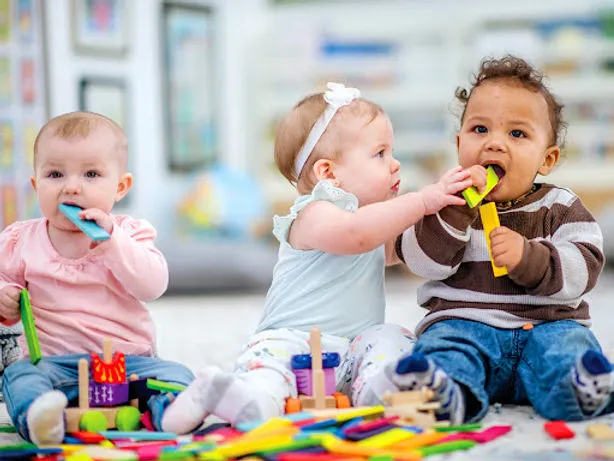
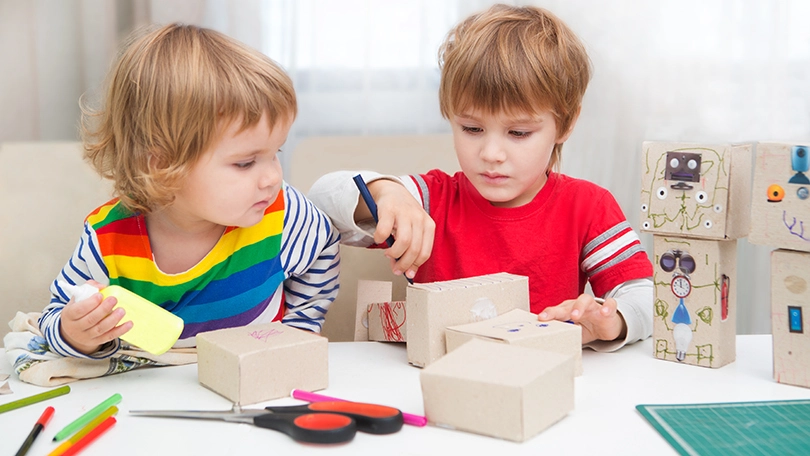
Elementary Activities
Children then progress to elementary activities, which include:
- Pouring, spooning, opening/closing, folding cloth, plaiting, cutting, gluing, pasting, sewing, paper modeling, clay modeling, polishing wood, and polishing brass.
These activities help children handle real-life tasks, developing fine motor skills, hand-eye coordination, concentration, focus, independence, and skill of elementary activities.
Practical Life Activities
Next, children learn practical life activities that encompass:
- Care of Self: Washing hands, legs, eyes, ears, nose, brushing teeth.
- Food Preparation: Peeling vegetables and fruits, making vegetable and fruit salads.
These activities help children learn self-care, environmental care, basic food preparation skills.

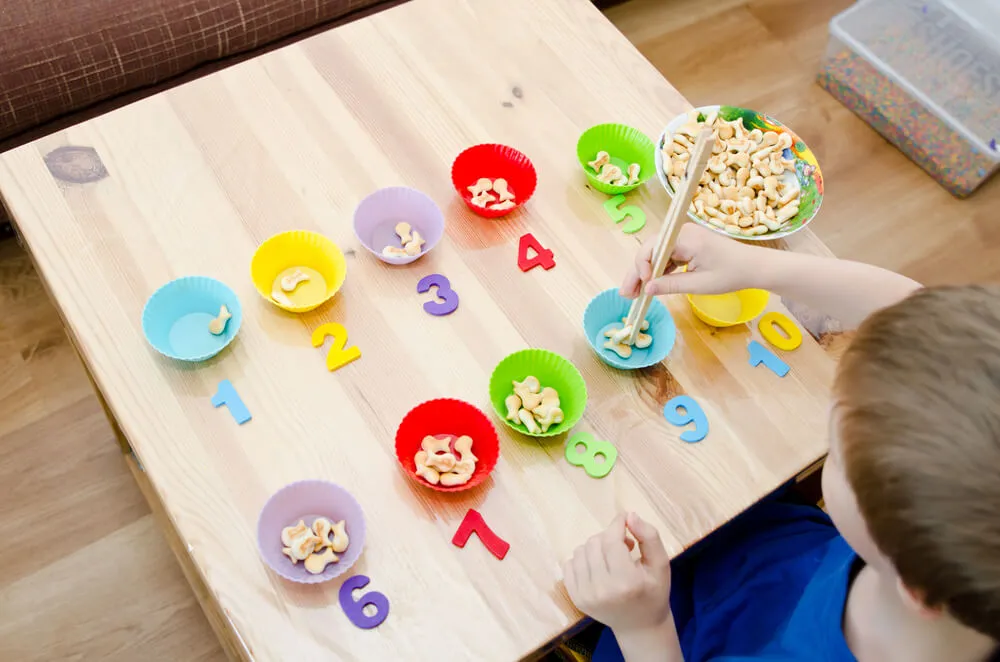
Structured Learning Environment
Activities are organized in a sequence based on complexity and logical order. Children engage in a complete cycle of taking materials from the shelf, exploring them, winding up, and putting them back. With one set of materials per activity, children learn to wait for their turn and respect others' work and the materials.
Development Outcomes
By the end of the nursery program, children will have developed:
- Muscle strength
- Focus and concentration
- Independence
- Respect for others and their work
- Patience and turn-taking
- Grace and courtesy in their movements and interactions
- Foundation for Language and social interactions
The STEM program for Nursery at Zenkids is designed to introduce young children to the wonders of the world around them while laying the foundation for future academic pursuits. Through a variety of engaging activities focused on practical life skills and sensorial experiences, children develop essential skills for understanding mathematics and language.
By engaging in activities that promote environmental care and refine their senses, children not only learn about the world but also develop important life skills such as independence, social interaction, and respect for others. The structured learning environment encourages exploration, creativity, and collaboration, fostering a love for learning from an early age.
Through the Nursery STEM program, children develop a range of skills, including refinement of senses, independence, social interaction, and foundational knowledge in mathematics and language. With this holistic approach to early education, children are empowered to become curious, confident learners ready to embark on their educational journey.
Language Development
At Zenkids, we focus on enriching the oral language skills of nursery children through engaging and interactive activities conducted in small groups of four. Our approach is designed to foster a love for language and effective communication, with multilingual support in English, Tamil, and Hindi.
Experiential Learning
We begin by introducing children to the concepts of living and non-living things within the school environment. To extend their learning beyond the classroom, we organize safe visits to nearby farms, temples, bus stands, and railway stations. These field trips allow children to experience and observe real-life examples of living and non-living things, which they then verify using classified pictures.

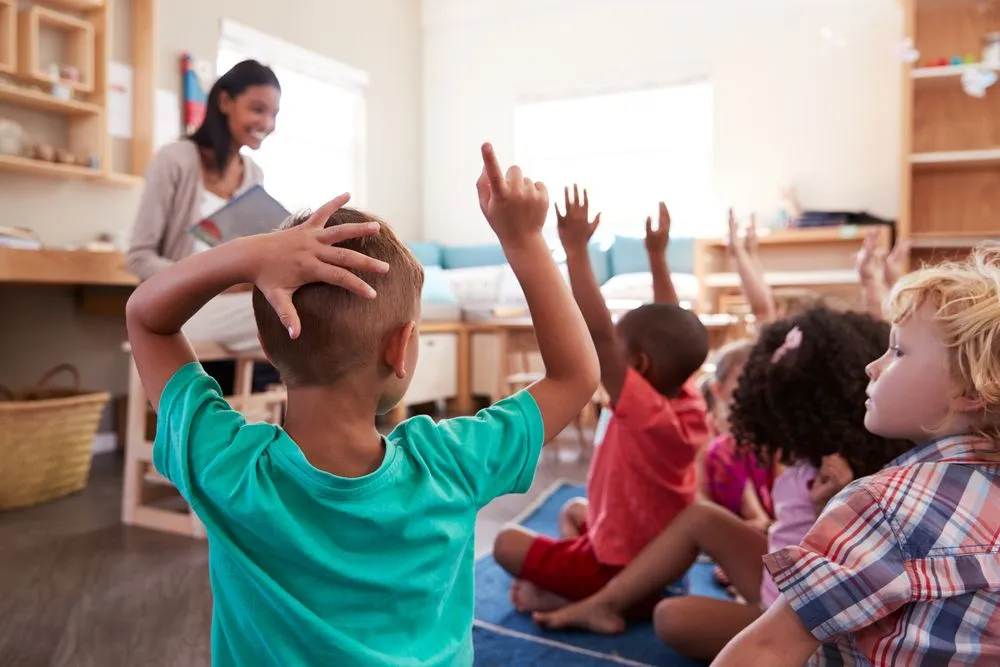
Oral Language Activities
- Conversational Activities: Through structured conversations, act-out games, and question-based activities, we introduce parts of speech and encourage interactive learning within small groups.
- Sound Games: A variety of sound games are used to develop phonetic awareness, helping children match alphabets with their corresponding sounds.
- News Period and Group Discussions: These sessions are designed to build confidence in speaking before a group, enhancing both individual and collective speech abilities.
- Nature Walks: Casual conversations during nature walks provide a relaxed setting for children to practice and develop their language skills.
Multilingual Support
We provide language instruction in English, Tamil, and Hindi, ensuring that children develop a strong foundation in multiple languages. This multilingual approach helps in broadening their communication skills and cultural awareness.
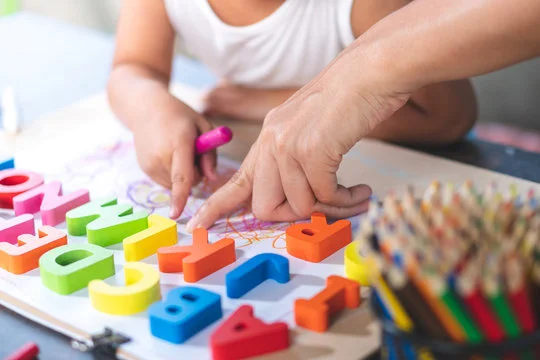
At Zenkids, our goal is to create a rich linguistic environment that promotes curiosity, interaction, and a lifelong love for learning. By integrating experiential learning, structured oral activities, and multilingual support, we aim to nurture confident and articulate young learners.
Storytelling and Poem Recitation
At Zenkids, storytelling and poem recitation are central to our language development plan for nursery children. These activities not only enrich oral language skills but also play a crucial role in inculcating good habits, manners, and values essential for a well-rounded upbringing.
Benefits of Storytelling and Poem Recitation
- Language Enrichment: Regular storytelling sessions and poem recitations expose children to new vocabulary, sentence structures, and expressions, enhancing their linguistic abilities.
- Listening Skills: By actively listening to stories and poems, children develop better attention spans and listening skills, which are critical for effective communication.
- Imagination and Creativity: Engaging narratives and poetic verses stimulate children's imagination and creativity, encouraging them to think beyond the literal and explore abstract concepts.
- Moral Values: Through carefully selected stories and poems, children learn important moral values and life lessons in an engaging and memorable way.
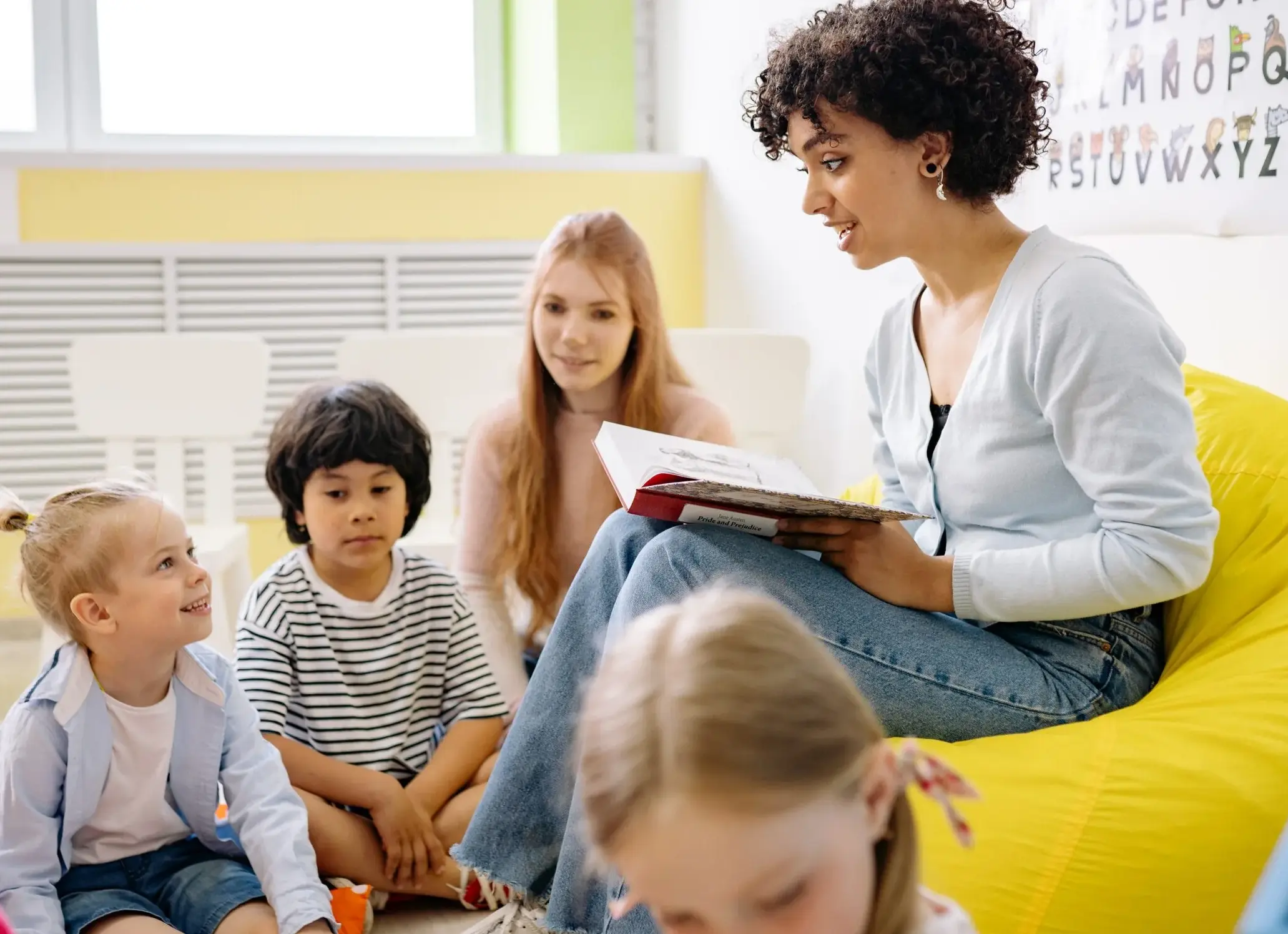

Activities and Implementation
- Daily Storytelling Sessions: We conduct daily storytelling sessions where children listen to a variety of stories, ranging from traditional tales to contemporary narratives. These sessions are designed to be interactive, with children encouraged to ask questions and discuss the stories.
- Poem Recitation: Regular poem recitation sessions introduce children to the rhythm, rhyme, and musicality of language. Children participate by reciting poems individually and in groups, enhancing their memorization and public speaking skills.
- Age-Appropriate Thirukural Stories: We plan to translate the wisdom of Thirukural into age-appropriate stories. These stories will convey valuable life lessons and ethical principles through engaging and relatable narratives, making ancient wisdom accessible to young minds.
- Interactive Storytelling: In addition to traditional storytelling, we incorporate interactive elements such as role-playing, puppet shows, and story-related crafts. These activities make the storytelling experience more immersive and enjoyable.
- Multilingual Support: : Our storytelling and poem recitation activities are conducted in English, Tamil, and Hindi, ensuring that children develop language skills in multiple languages and appreciate the richness of different linguistic traditions.
Expected Outcomes
- Enhanced Language Skills: Children will develop a strong foundation in language, improving their vocabulary, comprehension, and expressive abilities.
- Moral and Ethical Development: Through the stories and poems, children will internalize important values and develop a sense of right and wrong.
- Confidence and Communication: Regular practice in listening, reciting, and discussing will build children's confidence in expressing themselves and improve their overall communication skills.
At Zenkids, we believe that storytelling and poem recitation are powerful tools for language development and character building. By integrating these activities into our curriculum, we aim to nurture well-rounded individuals who are not only proficient in language but also embody the values and virtues essential for a fulfilling life.

